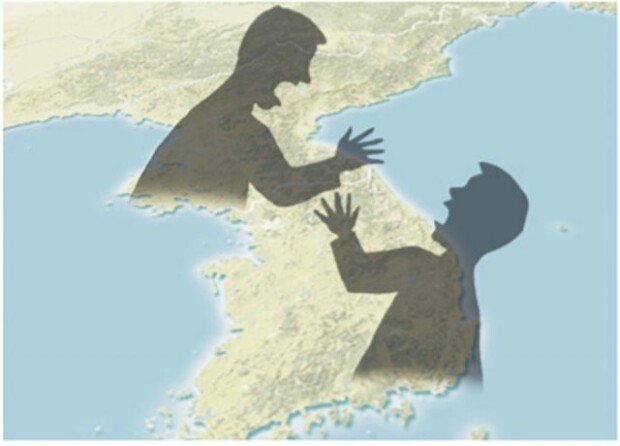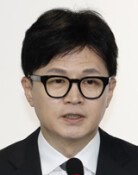What war really has left with us
What war really has left with us
Posted June. 22, 2021 07:28,
Updated June. 22, 2021 07:28

Two historically meaningful days draw near this week regarding the Korean War. June 25, 1950 is the day when the Korean War broke out, and June 23, 1951 was the day when Russian Ambassador to the United Nations Yakov Alexandrovich Malik offered to negotiate on ceasefire on behalf of Moscow. The Korean Peninsula experienced twists and turnarounds over a year from the outbreak of the war through June 23, 1951 – it ended up in a truce almost two years later. With the invasion of the North Korean military into the South on June 25, 1950, the war was reduced to a front around the Nakdong River in August. If things had gone as wished by North Korean military leadership, the battle would have ended up with the North’s triumph at an earlier time. Russian admirals highly commended North Korean troops for their outstanding combat capabilities and fast advances when the war just began.
As the U.N. forces declared to join the battle, things started unfolding in a different direction from what Pyongyang simulated in mind. In November, the U.N. forces were just a few steps from the lines of Amnok River-Duman River. Meanwhile, the Communist Chinese army made a surprise appearance to bring about a turnaround. The U.S. Marine Corps was driven at the edge of the cliff in the Battle of Lake Changjin as they were overwhelmed by the scale and tactics of the Communist Chinese army. With no countermeasures taken, the combat front went down to the central region of the nation.
In February 1951, the allied forces changed suddenly to mount a counterattack. As field commanders realized that raid attacks would not work out any more, they concluded that there would be a slim chance for victory. Then-Chinese leader Mao Zedong was unfavorable about the field military commanders’ proposal. As Russia and Communist China lost confidence in their victory, leading to a ceasefire.
The Korean War was driven by ideological conflict that people followed a frontline shaped by ideologies scanning through the peninsula just over a year. After the Korean War, two different systems settled down on the south and north parts of the peninsula, sowing the seeds of conflict and tragedy.
The Korean War generations have already dashed into their old life stage. Wounds on skin may recover over time but ideological conflict only gets deeply incurable. Practical confrontation, unavoidable choices and contradiction may be used as a pedantic tool by shallow intellectuals of our time and relegated to an ideological and political toy. Contemplation on historical facts is only a far cry from the reality.
Headline News
- N. Korea launches cyberattacks on S. Korea's defense companies
- Major university hospital professors consider a day off each week
- Italy suffers from fiscal deficits from ‘Super Bonus’ scheme
- Inter Milan secures 20th Serie A title, surpassing AC Milan
- Ruling and opposition prioritize spending amid tax revenue shortfalls







